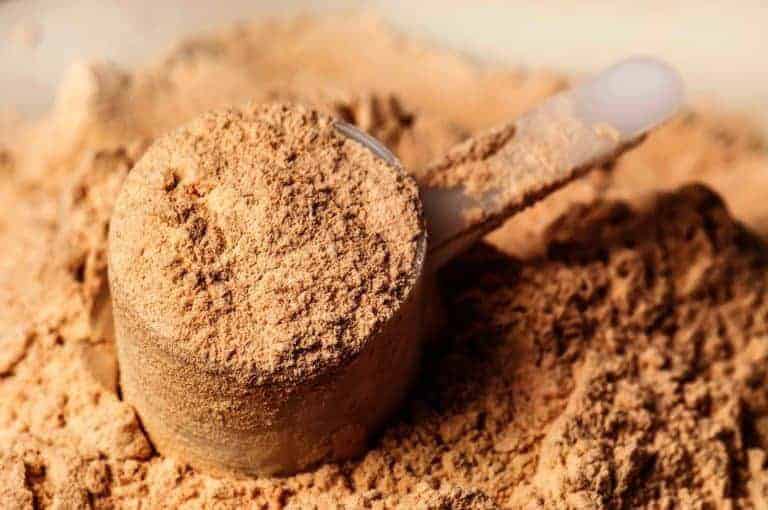Emergency Care at Endurance Events
Endurance rides are often held in wilderness areas without good road access, posing a challenge when trying to reach a horse in distress. A Treatment Veterinarian should be equipped with sufficient horsepower (vehicle, ATV, or horse) to reach a horse















